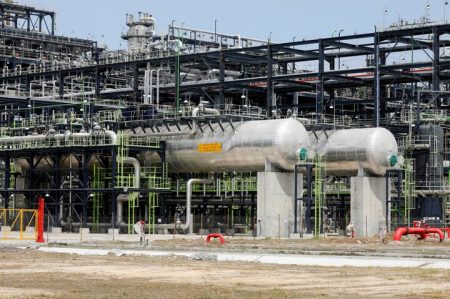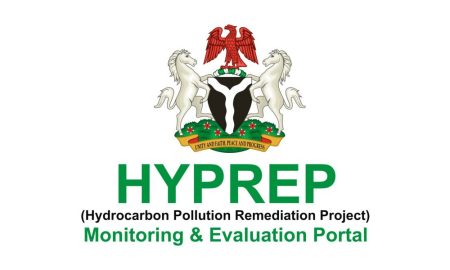5 October 2011, Sweetcrude, Abuja- Fuel prices are set to rise in Nigeria as the governmnet has unveiled plans to remove subsidy on petroleum products in 2012.
This is part of President Goodluck Jonathan-administration’s four-year financial outlay made available to the National Assembly on Tuesday.
In separate letters to the Senate and the House of Representatives – read on the floor by the presiding officers – Dr Jonathan said the funds saved from the subsidy removal would be spent on safety nets for the poor.
The plan – to remove the subsidy – has been greeted with condemnation by organised labour.
The Nigeria Labour Congress (NLC) and the Trade Union Congress (TUC) have vowed to challenge the move through strikes and other lawful means.
It was gathered that the Federal Government may propose over N4.trillion as expenditure for the 2012 fiscal year.
The government has proposed $75 per barrel as oil bench mark.
Jonathan wrote: “Although aggregate expenditure is expected to increase from N4.8trillion in 2012 to N5.18 trillion in 2015, concerted efforts are being made to make savings from overheads as allocations will be frozen from 2015.”
“Capital spending will increase marginally from N1.32trillion to N1.84trillion in 2012 to N1.64 trillion in 2015 as government intends to leverage on Public Private Partnership (PPP) arrangements to supplement capital allocations from the budget.”
“A major component of the policy of fiscal consolidation is government’s intent to phase out the fuel subsidy, beginning from 2012 fiscal year. This will free up about N1.2trillion in savings, part of which can be deployed into providing safety nets for poor segments of the society to ameliorate the effect of the subsidy removal.’’
Jonathan said the accrual from the Sovereign Wealth Fund will be used to augment funds for the critical infrastructure.
He said the fiscal deficit is expected to follow a declining, and sustainable path from 2.69 per cent of GDP in 2012.
Jonathan said oil revenue is expected to increase marginally from N2.37trillion in 2012 to N2.47 trillion in 2015 as the bench mark price of US$75 will be maintained throughout the period while oil production is projected to rise from 2.48mpd to 2.6mpd.
The budget also expects substantial decrease in both domestic and foreign debts.
“On the revenue side, the strategy of adopting an oil price based fiscal rule and accrual of windfall oil savings will continue. A baseline bench mark oil price of $75 is proposed for the 2012-2015 period while oil production of 2.480mbpd, 2.500mbpd, 2.575mbpd and 2.600mbpd will be adopted to the 2012-2015,” President Jonathan submitted.




